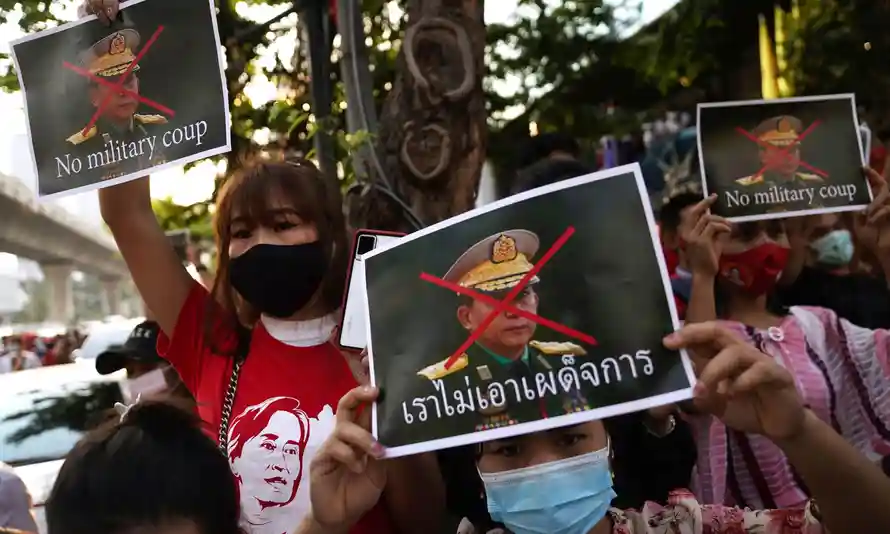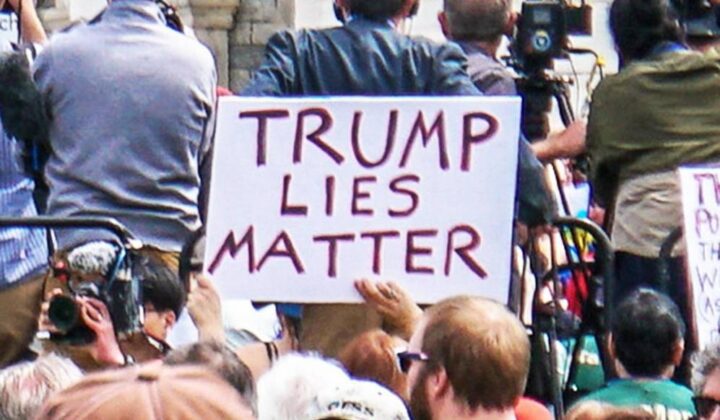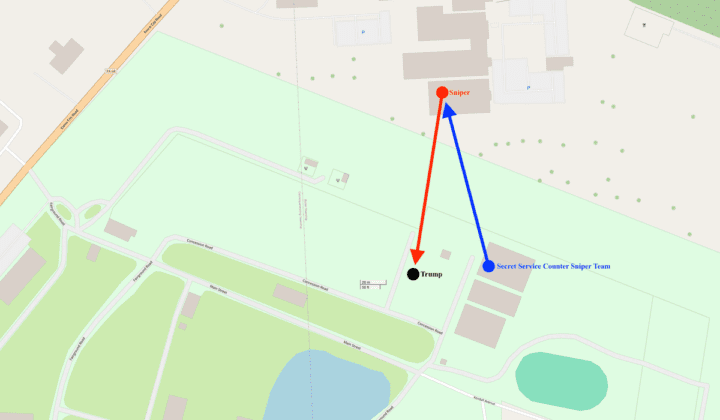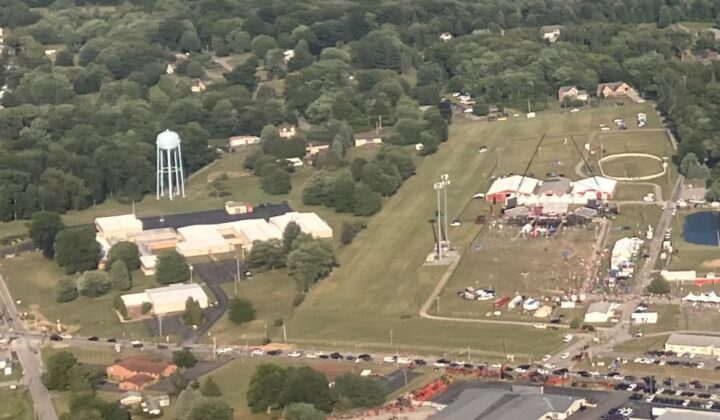Coup in Myanmar as the Military Arrests Aung San Suu Kyi
On Mon., Feb. 1, millions of people in the Southeast Asian country Myanmar (formerly known as Burma) awoke to the news that the country’s military, the Tatmadaw, had overthrown the nation’s elected government in a coup d’etat. Myanmar’s de facto leader Aung San Suu Kyi, as well as other civilian officials, opposition politicians, writers, and activists were reportedly taken at gunpoint and detained. And on Tuesday, Suu Kyi was spuriously charged with violations of import and export laws, and faces up to three years in prison. It is likely that the coup will unravel the nation’s precarious democracy and plunge Myanmar back into a military dictatorship.

The coup was precipitated by the results of November’s elections, in which the military’s political party won a mere 33 of 476 available seats, while Suu Kyi’s party won 396. In the days before the coup, the military made frivolous, unsubstantiated allegations of widespread fraud, pledging to “take action” and refusing to rule out a coup.
The Tatmadaw has consolidated its control by seizing the country’s infrastructure, suspending TV broadcasts, shuttering phone and Internet access in many major cities, closing banks, and canceling flights.
Despite the coup, the streets remained largely peaceful; one observer described them as eerily calm. However, others reported seeing lines form at ATMs, the bright red flags of Suu Kyi’s party disappearing from homes and businesses, and caravans of rowdy Tatmadaw supporters parading in trucks and blasting patriotic music.’
1. What is the history of democracy in Myanmar?
Ever since the nation gained independence from Britain in 1948, the Tatmadaw have stifled the democratic aspirations of the people of Myanmar. Twice before, democratic movements have been crushed by military coups: first in 1962 when General Ne Win overthrew the elected civilian government, and then again in 1990 after a military junta reneged on a promise to honor the results of free and fair elections. Aung San Suu Kyi (Myanmar’s current elected leader) was the key figure of this latter democratic movement and won a Nobel Peace Prize for her nonviolent resistance.
And even since 2008, when mass protests led to reforms, the Tatmadaw have retained strong control over Myanmar’s pseudo-democracy. Under the 2008 constitution, the military appoints one-fourth of Parliament and maintains authority over key government agencies.
It is true that in 2015, the Tatmadaw accepted the results of a contested election swept by Suu Kyi’s party, making observers optimistic about the prospects for true multi-party elections. But Azeem Ibrahim, director of the Center for Global Policy think tank, cautioned that the progress was largely illusory: “Even though Myanmar always had the veneer of democracy, it was never a new democracy in any sense… The military still held all the cards. They had, essentially, power without any accountability whatsoever.”
2. How does this all relate to the ongoing genocide in Myanmar?
Though it’s impossible to know the counterfactual of whether there would still be a genocide in Myanmar if it were a democracy, dictatorships undoubtedly have a freer hand to commit horrible acts. And while we don’t know whether Suu Kyi acceded to the genocide out of a desire to placate the military or whether she genuinely supported it, what’s happening to the Rohingya is an important part of any discussion involving Myanmar.
Rohingya Muslims are an ethnic minority in Buddhist majority-Myanmar who have been persecuted since the 1970s. In 2017, the military used attacks committed by an extremist Rohingya group as an excuse to launch a campaign of mass killing, rape, and arson. 730,000 Rohingyas have been displaced and tens of thousands have been killed, abuses which Suu Kyi defended before the International Court of Justice. The hundreds of thousands still in Myanmar remain disenfranchised and detained in squalid camps.
Suu Kyi, once globally admired, has undergone a precipitous fall from grace for her role supporting these atrocities. Nevertheless, her support for the military’s genocide has not protected her political position. After a fledgling democratic moment, Suu Kyi is once again under military imprisonment.
Even if the U.S.’ strategic interest in Myanmar remains limited, these often-ignored stories must be discussed. From 1987 to 2007, major Western news corporations devoted 50 times more coverage to Israeli-Palestinian skirmishes in which 7,000 died than the conflict in the Congo in which five million died. Stories matter even when America has less of a direct stake in them. We can no longer ignore the plight of the Rohingya, whether they are oppressed by dictators or democrats.





